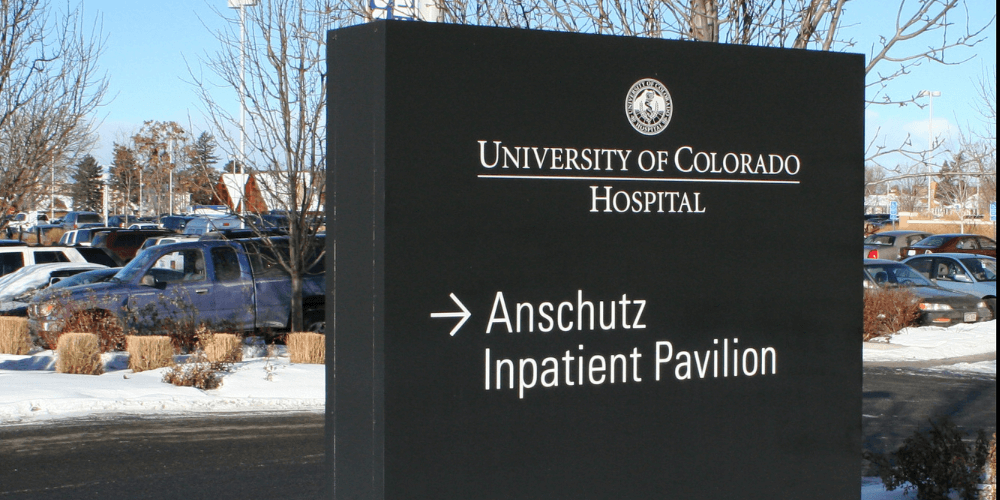Conscience Wins in Colorado
Landmark Tenth Circuit victory in Jane Does & John Does v. University of Colorado protects religious liberty

In fall 2021, 17 employees and students at the University of Colorado’s Anschutz Medical Campus stood firm for their freedom of conscience, going to court to challenge policies that threatened their religious liberty. This group of plaintiffs—physicians, students, and IT workers—fought to protect their right to live by their deeply held beliefs, securing a landmark Tenth Circuit victory that reaffirmed religious freedom for all.
Thomas More Society attorneys led the charge in defending their First Amendment rights in court. In order to shield these individuals from retaliation and harassment, the lawsuit was filed using pseudonyms. “Dr. Jane Doe 1,” a Catholic pediatric critical care physician, stood at the forefront of the legal battle. Working 60 miles from Anschutz at Children’s Hospital in Colorado Springs, she balanced motherhood with frontline service during the pandemic. Her supervisor lauded her faith-driven integrity, yet the university’s policy demanded she compromise her conscience, threatening job termination despite an already-strained medical system.
“John Doe 1,” a Buddhist medical student, moved from Canada to pursue his calling at Anschutz, trusting his beliefs would be respected in the workplace. Instead, the university dismissed his faith as insufficiently doctrinal, forcing a leave of absence. He sold his belongings and ended his lease, his dreams deferred for staying true to his conscience. “Jane Doe 11,” a nurse practitioner in Pueblo, faced similar pressure, her faith dishonored despite religious accommodations being granted elsewhere.
The university’s September 2021 policy on mandatory immunization restricted religious accommodations to only faiths opposing all immunizations. Some employees were fired or placed on unpaid leave for “failure to comply” with the “mandatory vaccine requirement.” Others faced forced remote work or pay cuts, their livelihoods upended. A revised policy later allowed employees to seek exemptions but barred students, favoring secular accommodations over religious ones and penalizing off-campus workers like Dr. Jane Doe 1 and Jane Doe 11.
TMS attorneys argued the policies violated their First Amendment right to the free exercise of religion. The district court denied injunction requests, deeming the challenges moot or the policies neutral. But the case went to appeal, and the U.S. Court of Appeals for the Tenth Circuit disagreed in a May 7, 2024 decision, finding that the university’s policies failed to pass constitutional muster because they prioritized secular conveniences over sincere faith—demonstrating that they were “motivated by religious animus.” The Tenth Circuit’s landmark reversal is a triumph for freedom of conscience, affirming that public institutions cannot favor secular over religious beliefs.
For these doctors and medical students, it was a hard-fought win when the court declared, “If a government policy is motivated by religious animus, the policy is categorically unconstitutional under the Free Exercise Clause.” This victory sets a powerful precedent, deterring powerful institutions from using unprecedented world events as an excuse to trample religious liberty. Policies that stifle faith harm communities, but this group’s principled stand, championed by Thomas More Society, ensures that religious freedom endures as a cornerstone of American life, safeguarding all who honor their deepest beliefs.






